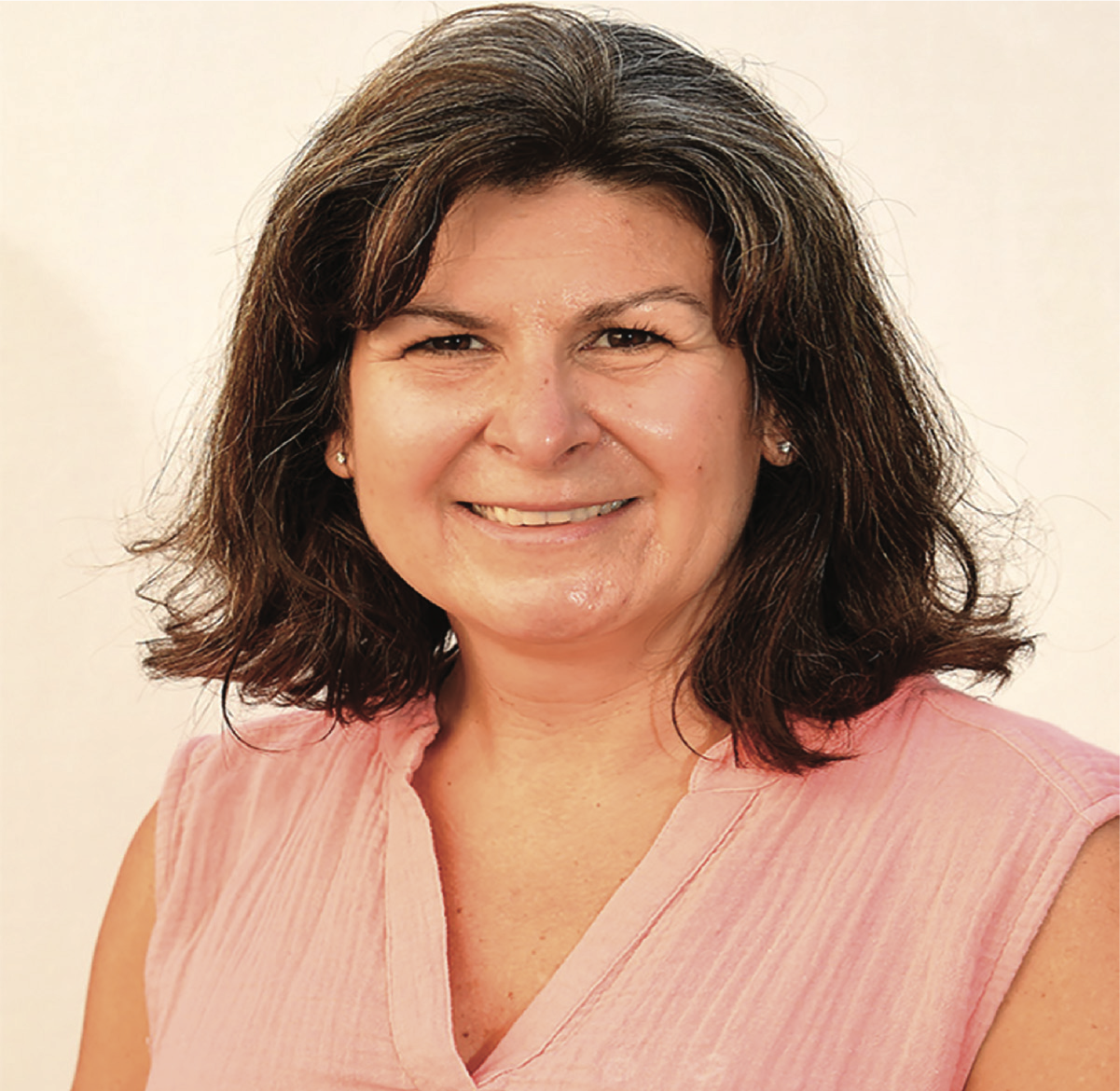Biology professor’s assistance in test trials aids fight against COVID-19
The intersection of the COVID-19 pandemic and institutions of higher learning has served as an experiment of sorts, with peculiar results. There exists a scientific element, where a large number of young adults, most in the prime of health and best equipped out of anyone to survive the virus, interact with each other closely and frequently in class and social settings. The presence of this social element (and the inability to completely curtail it) has provided insight into how much voluntarism can be relied upon in a case such as a pandemic, especially amongst a young generation that has demonstrated significant political and social engagement as the issue of the pandemic was politicized.
Yet in the intersection of higher education and what is arguably the most daunting scientific challenge over the course of most college students’ lifetime, what has been seemingly pushed to the backburner is the role of science (and by extension, higher education) in defeating the virus. In fact, one of Wofford’s own,Lori Cruze, assistant professor of biology, participated in the trials for the Moderna COVID-19 vaccine.
During her time working on the blind trials, she was administered either the vaccine or a placebo, though she was not told which. Lasting 759 days, Cruze explained that 7 in-person visits were required of her, as well as weekly check-ins on an app and biweekly phone calls. Cruze described no ill side effects, and lauded the in-person visits as efficient and the process overall as a worthwhile experience.
The inevitable questions of what happens next and when things may return to normal naturally circulated with the news that not one, but two vaccines were approved by the FDA. The urge for college students is paramount, many of whom attend a particular institution for a particular experience and feel that is inhibited by the restrictions the pandemic has imposed.
However, Cruze warned that because we are not certain what percentage of the population is asymptomatic, caution and responsibility are the best measures to be taken at this time.
Although this is not exactly the resounding cry of freedom like some had hoped for, Cruze offered an explanation as to why she remains cautious in her expectations of the coming months.
“I think it will take longer than anticipated for the vaccine roll-out to take place,” she said “In the meantime, some individuals refuse to comply with CDC recommendations, which means that I don’t see the situation improving dramatically in the short term.”
As of Jan. 12, the Wall Street Journal reported that the Trump administration moved to broadly distribute previously unavailable coronavirus vaccine doses to at-risk individuals and those over the age of 65.






























